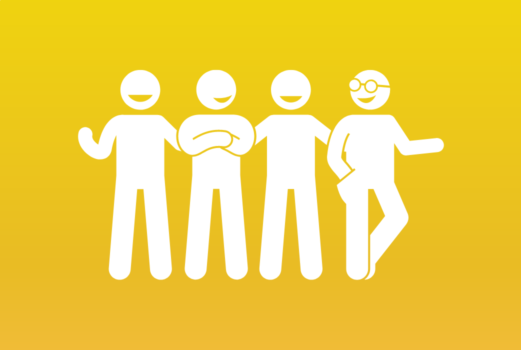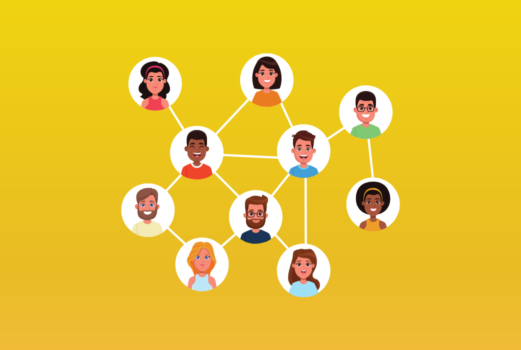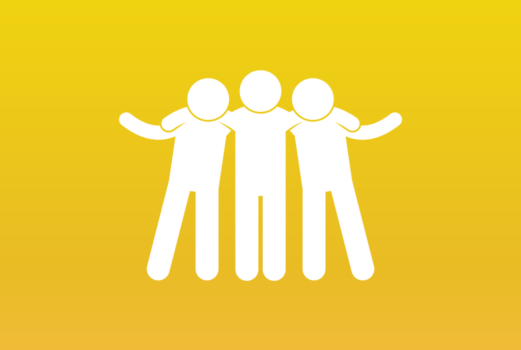Connections are important!
Relationships are one of the most important aspects of our lives. People who are more socially connected to family, friends, or their community are happier, physically healthier and live longer, with fewer mental health problems than people who are less well connected.
It’s not just the number of friends you have, and it’s not whether or not you’re in a committed relationship, but it’s the quality of your close relationships that matters. Living in conflict or within a toxic relationship is more damaging than being alone.
Create your Community
Being part of a community can have a positive effect on mental health and emotional wellbeing. Community involvement provides a sense of belonging and social connectedness. It can also offer extra meaning and purpose to everyday life.
Communities can exist or be created from a shared location, hobbies, lived experiences and backgrounds, or a common cause. For many people, communicating with others – through online forums, social media, or in person – can help them to have a healthier mindset, improved self-worth, and greater enjoyment of life.

Social participation is directly linked to mental wellbeing
Increasing community participation by 10% was shown to reduce violent crime rates by nearly 2% (Australian study)
People without social support are five times more likely to experience a mental illness (UK study)
Social participation and support are strongly linked to a long life, as well as the improved handling of stressful situations (Norway study)
Participating socially can be an effective way to maintain cognitive vitality in older adults (US study)

Friendships and peer support protects mental health
Social support has been proven to be a protective factor in mental wellbeing. Feeling valued and comfortable socially can prevent feelings of isolation, anxiety, depression, and more.
Connection and community via peer groups can even lead to fewer behavioural issues in young people.

Stigma and social exclusion impacts mental wellbeing
Discrimination, stigma, and being ignored are all experiences that have worsened or created a barrier to social connectedness for people experiencing mental illness. Stigma has, in some cases, affected carers and family members of the person experiencing the mental illness as well.
During the COVID-19 pandemic in 2020 and 2021, it was seen that long periods of exclusion from social interaction in national lockdowns and isolations can be deeply damaging to a persons ability to connect with peers on a social level and contribute to a number of ongoing mental wellbeing issues.
Connection: the key to mentally healthy communities
Each persons 'community' is different - it could contain your friends, family, peers, doctor, bus driver... the list is endless. Your community are there to support you through challenging times, not be judgemental and stick by you when times may be difficult.
Let’s remove the stigma attached to mental wellbeing
One-in-four adults and one-in-ten children experience mental illness during their lifetime, and many more of us know and care for people who do.
Improved mental health and wellbeing is associated with a range of better outcomes for people of all ages and backgrounds.
These include:
Improved physical health and life expectancy
Better educational achievement
Increased skills
Reduced health risk behaviours such as smoking and alcohol misuse
Reduced risk of mental health problems and suicide
Improved employment rates and productivity
Reduced anti-social behaviour and criminality
Higher levels of social interaction and participation
Since 2013, NHS England has been working to improve the outcomes and experiences of people of all ages with mental health problems, to ensure that mental health is treated on par with physical health. To achieve this, they work closely with service users, carers, other national NHS bodies and key partners such as social care and the voluntary sector.
Want to see something different?
We are always looking for feedback! If you think we are missing the chance to shout about something great that is going on, let us know!
Send us your feedback